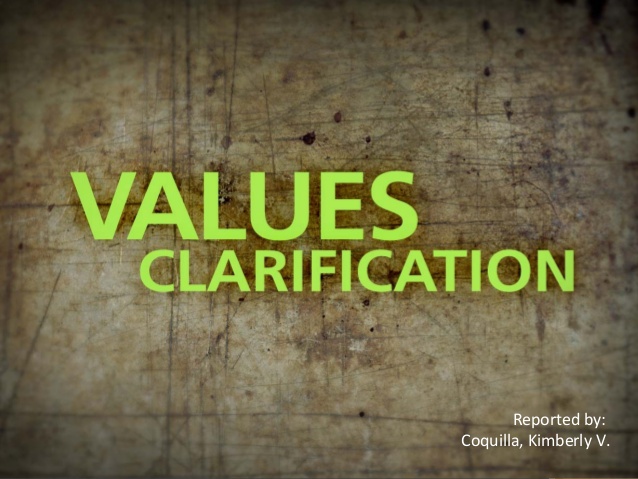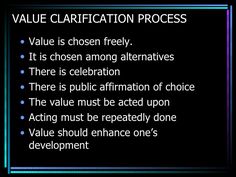Anger Management Techniques for Children and Some Few Tips to Help Them Control Anger
One of the things that you need to give attention if you have a child or you are teaching children is to make sure that you have Anger Management Evaluation techniques for children. Anger is one emotion that needs to be dealt with by children, as this strong emotion can later be disastrous when the child grows up not knowing how to handle it.
If you are looking for anger management techniques for children to help you deal and teach them the right way to cope up with anger, and grow up knowing how to control this strong emotion.
- Help your child identify the warning signs of anger. In very young children, being they may not know that they are about to get angry and just respond to the situation. Among the warning signs of anger are tensed muscles, clenched teeth or increased heartbeat. Of course, when your child starts to feel these warning signs, you may need to help him also on how to deal with it. Find out what they feel.
- Teach them self-calming techniques and some ways to relax. Allow them to squeeze and play dough, or let them run outside. You may also allow them to draw a picture of what they feel so they can express their emotions. Listening to music may also help a lot as well. Of course, you can also do something to help them calm their anger. You can talk to them and suggest activities helpful activities that they can do or let them talk to you as well. Even your simple touch can help them feel at ease as well.
- Show them how you deal with anger. Children often get influenced by what they see, so make sure as well that you deal with anger the right way especially if your children are listening or when you get angry when they are around. Of course, you have to be a role model to be able to teach them the right way to control anger. Showing them a good example is in fact one of the good anger management techniques for children to learn how to control emotions.
- Encourage your children as well to communicate and talk about what they feel and what made them angry. As a parent or a teacher, you can help by listening to them without judging or evaluating them. Of course, communication may be done in different ways. In fact, talking to a pet or their favorite stuffed animal can help them communicate what they feel.
- Make sure that you also support your children in their interests and activities. Usually, children can get angry when they are frustrated or when they fail at something and being supportive with their interests and passion would often help them lessen the impact of frustrations or failures as they know you are there to support them.
Of course, there are a lot of ways that you can teach your child how to deal with anger. This may take time, but it is important that you give priority to this, as it will also help your children a lot in managing anger when they become adults.
Carolyn Anderson loves to share some resources you can use in good parenting. For simple yet proven techniques on how to deal with anger in children, check out dealing with children's anger. If you are parenting together with someone who is mentally ill, check out Co-Parenting Nightmare.



Comments
Post a Comment